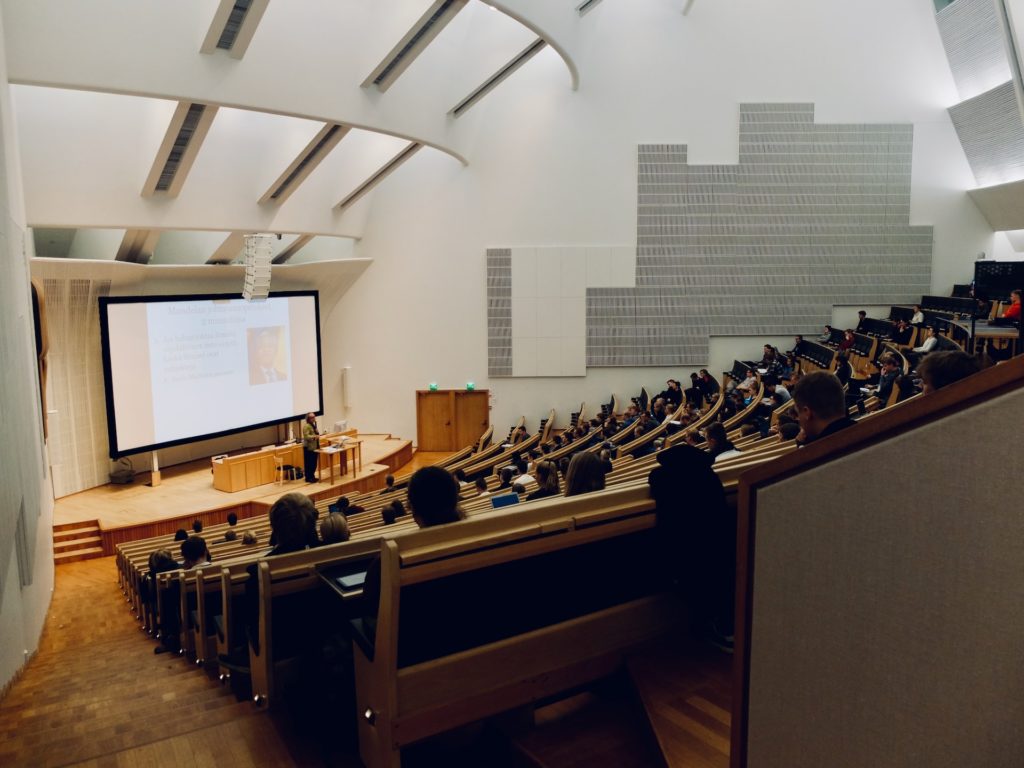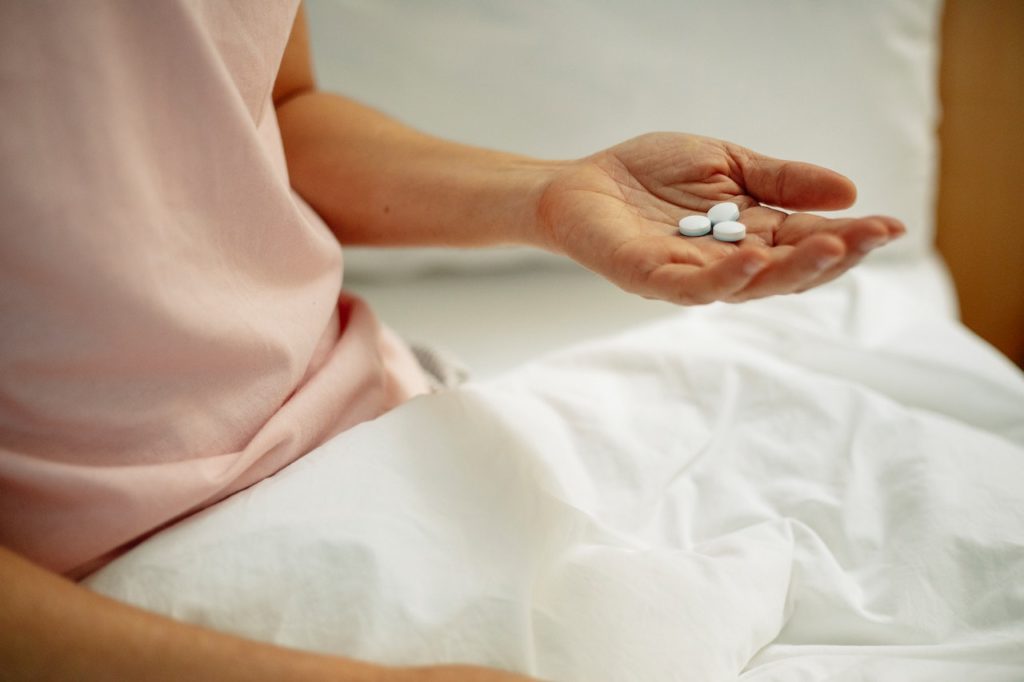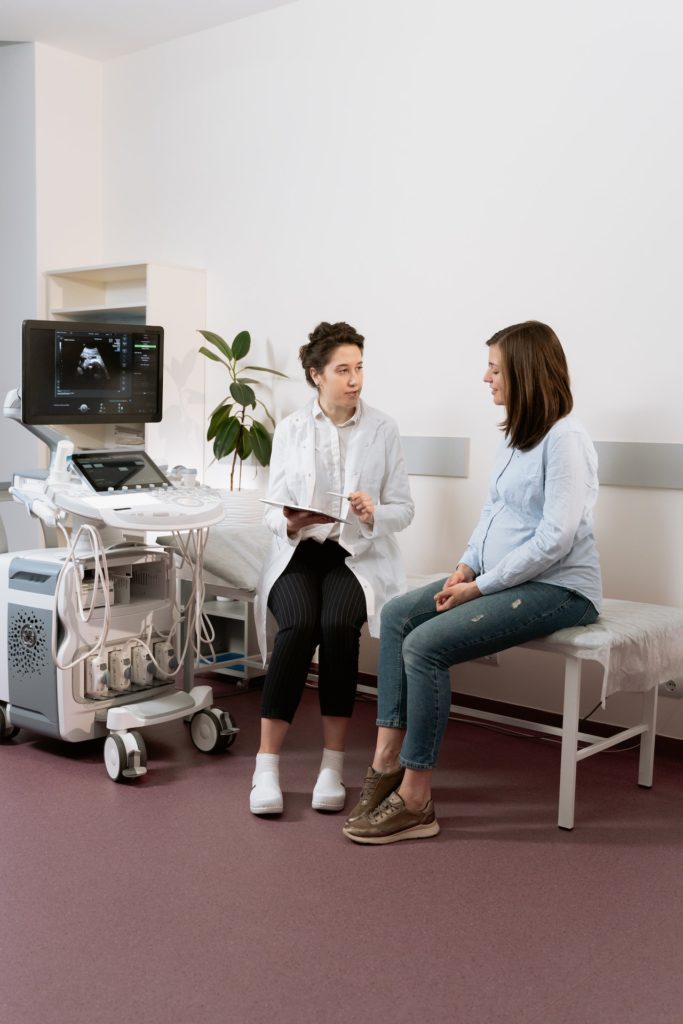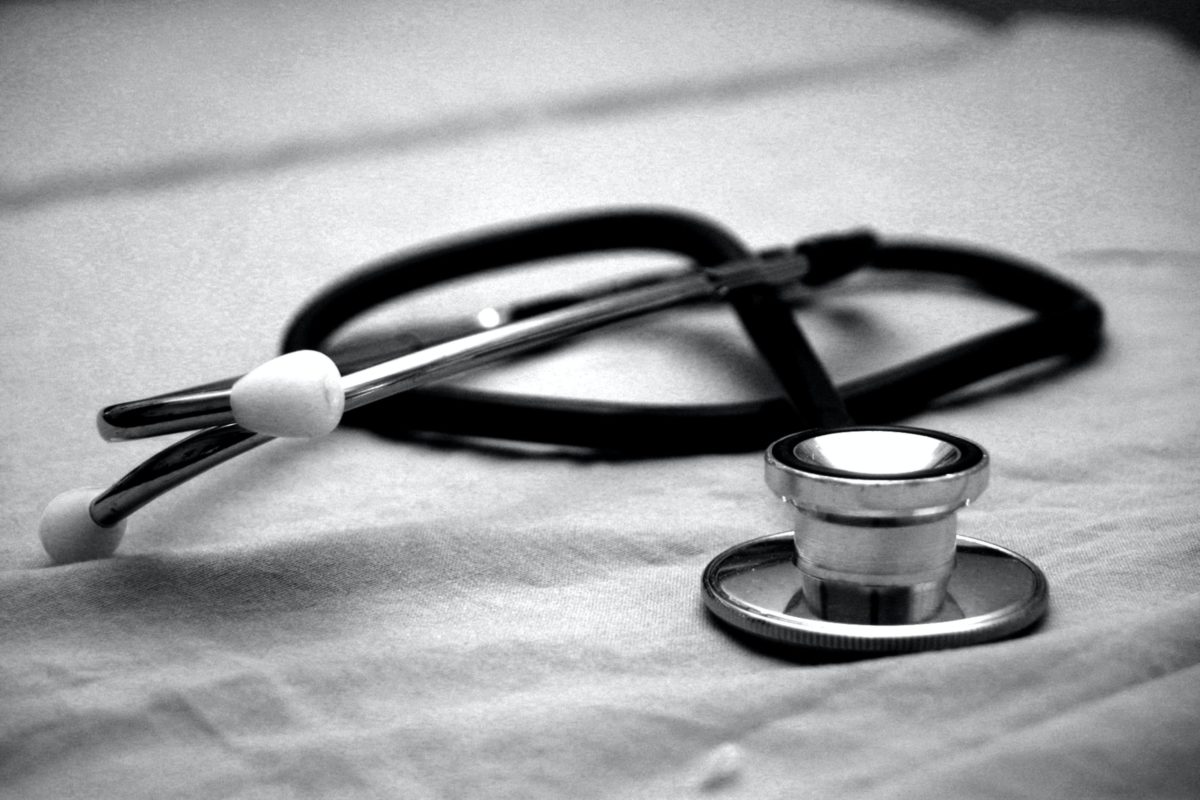Introduction
For many college students, they are away from home for an extended period for the first time in their lives. Used to having their medical problems taken care of by their parents, this complicates seeking care for sicknesses at school. Many schools offer some form of a clinic on-campus, but these are commonly reported to be insufficient to take proper care of what students need. For many female students, especially those seeking reproductive care, it is difficult to seek care for an issue commonly characterized as taboo. As reported in class, women are more likely to see medical care, especially regarding to reproductive issues. At Notre Dame, issues like these become even more complicated as certain medical procedures are restricted due to the dominant Catholic views of the school. Seeking medical care alone as a young woman exposes patients to stigma and shame, allows women to feel ignored in their own experiences with their bodies, and reveals the impact that illness can have on overall lifestyle.

Personal Encounter with UHS
Note: I have changed the name of my friend who agreed to let me use this story for class to preserve her privacy.
My friend, Janie, experienced chronic urinary tract infections (UTIs) while at school at Notre Dame from an unknown cause. When she visited University Health Services (UHS) and her gynecologist at home, she experienced extreme judgement and stigma. The first thing her gynecologist asked her was whether she had a boyfriend (not her number of sexual partners, but whether she had a boyfriend) and when she said yes, they noted that in her chart as a piece of medical information. At her follow up appointments, her gynecologist asked about her boyfriend specifically, inquiring whether he was from home or school, how long they had been together, and other personal pieces of information.
Her gynecologist and UHS were ultimately unable to identify the root causes of what they diagnosed as chronic UTIs. Janie suffered four UTIs in four months as doctors from her hometown and Notre Dame refused to acknowledge that a bigger issue might be at play. They accused her of sleeping around and STDs contributing to her pain while refusing to give her antibiotics that would alleviate her pain or evaluate her for a more serious, long-lasting condition.
They made me feel as though my pain was not worthy of serious consideration, that I must be making it up for attention.
Janie on her experiences with medical professionals at University Health Services in Notre Dame
The condition became drawn out over four months, and it greatly impacted Janie’s quality of life. She was in extreme pain and often had to leave class during lecture due to pain. It eventually got to the point that she was unable to walk back from a class building to her dorm (a 15 minute walk). When she called UHS desperately requesting an appointment and reporting symptoms of kidney stones, the nurse told her that there was nothing she could do to get her an appointment in the next week and remarked, “if you were my daughter and in this much pain, I would send you to the ER.” With no car and nobody to take her to the ER, Janie took 3 Advils and tried to take a nap. She woke up to find herself in some relief (after months of agony) and her gynecologist from home later confirmed that she must have passed the kidney stones unaided by medicine.

Reading Janie’s story alongside the texts from the course reveals three themes from this module. She experiences stigma and judgement about her character from her medical condition, encounters the power dynamics which dictate access to medicine for a college-aged girl by herself, and is confronted with the reality of illness and how it affects life outside of the medical realm.
Stigma in the Medical Sphere
Janie experienced stigma and shame from medical professionals because she was a college-aged woman seeking healthcare by herself for a UTI. There is a medical link between UTIs and sex, as anything that allows bacteria to enter the urinary tract can increase the risk of UTIs. Janie faced extreme judgement for her condition because medical professionals who were supposed to be caring for her often assumed that it was her fault that she was experiencing pain, and she deserved it because of her promiscuity. As discussed in Chapter 10 of Kleinman’s Illness Narratives, stigma often has religious ties, and “the afflicted person is viewed as sinful or evil…or [can be associated with] a moral connotation of weakness and dishonor” (Kleinman, 2020). It’s very likely that Notre Dame’s status as a Catholic University influenced the training that UHS employees get and affects the way that they interact with patients for conditions that may be related to premarital sex. When Janie experienced the medical professionals’ reaction to her health condition, she felt silenced and judged, just as patients in Kleinman’s book reported feeling.
Power Hierarchies Affecting Care
When Janie called and requested an appointment after reporting severe symptoms, UHS repeatedly told her that they were unable to fit her in. One nurse even told her that she would tell her own daughter to “just go to the ER.” And when Janie reported to the UHS nurse on the phone that she was experiencing extreme pain (7-8 out of 10), the nurse seemed skeptical, asking “really? There’s no way.” When she told the professionals that she thought she may have a kidney stone, reporting typical symptoms like proteinuria and radiating pain from her back down her hip, she was shut down and told that it was probably just another UTI. Similarly, Nelson writes that the communities served by the Black Panthers’ free clinics often described experiences where when “the resident…comes in to check up on [you, he]…talks to you as though you weren’t there” (Nelson, 2013). Because the medical professionals at the top of the power hierarchy did not view those communities as worthy of knowledge, the medical information was weaponized as it was withheld. Janie was also not treated as capable of understanding her own body, denied explanations of why doctors would not treat her for kidney stones and why her symptoms did not qualify. Just as the gay community protesting for AIDS treatments found themselves having to prove themselves credible in order to engage in healthcare discussions over their own care, Janie did not seem intelligent or credible enough as a young woman to be granted agency in her own care (Epstein 2020).

Impact of Illness on Lifestyle
When Janie was chronically ill for four months, her illness affected more than just her physical health. It impacted her academics, mental health, and relationships with her friends and partner. In Chapter One of Illness Narratives, Kleinman acknowledges the far-reaching impacts of “illness,” defining it as “how the sick person and the members of the…social network perceive, live with, and respond to symptoms and disability” (Kleinman, 2020). Because she was in such severe pain and was denied medication, she had to leave class during lecture for long periods of time and fell behind on schoolwork. She was also unable to exercise, affecting her mental health. Kleinman details the effect of chronic illness on Alice Alcott, who experiences emotional reactions to her medical condition that affect the rest of her life. He explains that the work of the healer is also to deal with emotional consequences that may come from conditions and treatments (Kleinman, 2020). When Janie’s doctor refused to address her feelings of pain or her concern that it may be a more serious cause, she neglected this duty.
Sources
Epstein, S. (1995). The construction of lay expertise: AIDS activism and the forging of credibility in the reform of clinical trials. Science, Technology, & Human Values, 20(4), 408–437. https://doi.org/10.1177/016224399502000402
Kleinman, A. (2020). The meaning of symptoms and disorders. In The illness narratives: Suffering, healing, and the human condition (pp. 3–30). essay, Basic Books.
Kleinman, A. (2020). The personal and social meanings of illness. In The illness narratives: Suffering, healing, and the human condition (pp. 31–56). essay, Basic Books.
Kleinman, A. (2020). The Stigma and Shame of Illness. In The illness narratives: Suffering, healing, and the human condition (pp. 169–180). essay, Basic Books.
Nelson, A. (2013). The People’s Free Medical Clinic. In Body and soul: The black panther party and the fight against medical discrimination (pp. 75–114). essay, University of Minnesota Press.
